Investing During Market Downturns: Strategies with BAC, NVO, and MA
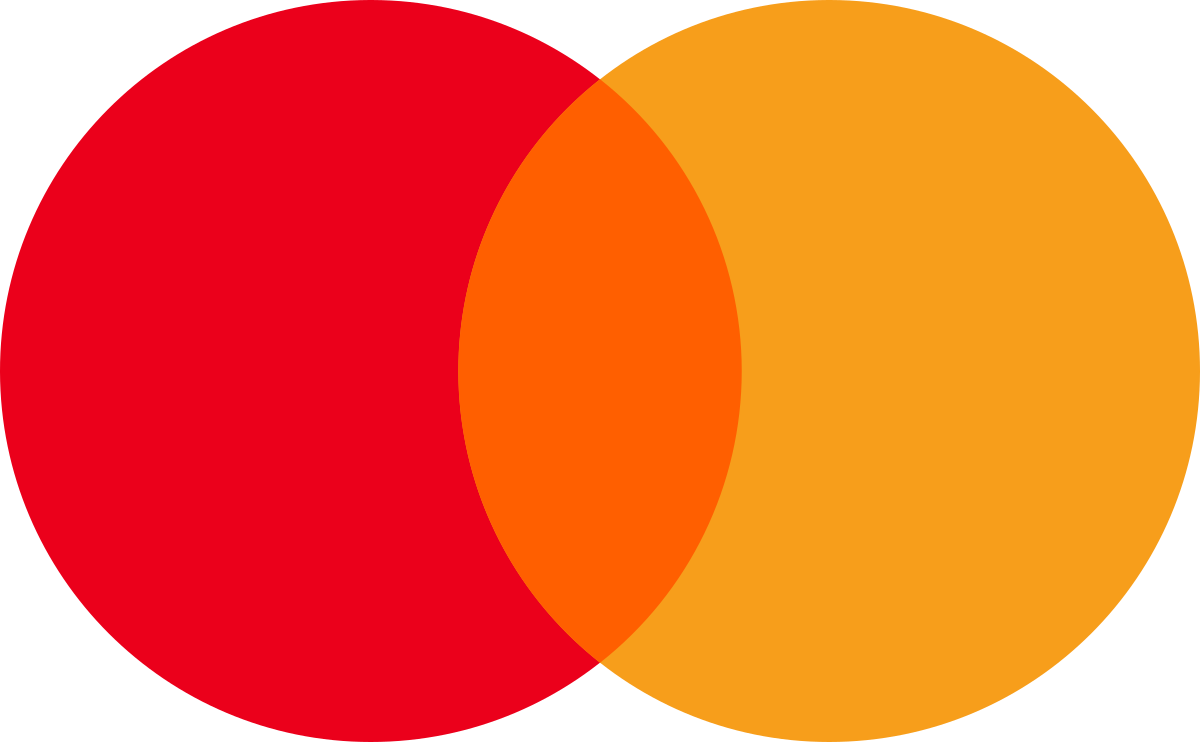
Investing During Market Downturns: A Strategic Approach
Investing during market downturns can be a strategic move for those looking to capitalize on lower stock prices, as suggested by the recent InvestorPlace article. The focus on companies like Bank of America (BAC:NYSE), Novo Nordisk (NVO:NYSE), and Mastercard (MA:NYSE) provides a clear path for investors aiming to profit from panic-induced market dips. Each of these companies has unique strengths and challenges that, when analyzed in the context of current economic conditions, reveal potential investment opportunities.
Bank of America's Financial Robustness
Bank of America stands out for its financial robustness, particularly in challenging economic times characterized by high inflation and rising interest rates. The bank's strategy to hold onto its assets in its held-to-maturity portfolio, despite unrealized losses of $122.8 billion, demonstrates a long-term view that could benefit investors. This approach suggests that Bank of America is prepared to weather financial storms, making any significant drop in its stock price an attractive entry point for investors looking for stability and potential recovery in the banking sector.
Novo Nordisk's Market Dominance
Novo Nordisk's dominance in the weight-loss drug market, with a significant 54.8% share of the GLP-1 market, underscores its competitive edge. The company's success with Ozempic and Wegovy, despite facing stiff competition, highlights its innovative capabilities and the potential for growth. Novo Nordisk's efforts to expand its drug applications, including the development of an oral version, could further solidify its market position. Investors should view any substantial price dips as opportunities to invest in a company at the forefront of medical innovation in a high-demand sector.
Mastercard's Role in the Payments Industry
Mastercard's role as a key player in the payments processing industry is crucial, especially considering the importance of consumer spending to the U.S. economy. The company's recent stock performance, with a price increase of $2.48 and a trading range between $436.9 and $445.26, reflects its resilience and the ongoing consumer spending trends. Despite potential risks from rising inflation and interest rates that could impact consumer finances, Mastercard's market capitalization of around $410.63 billion and a trading volume of 3,711,610 shares indicate a strong position in the market. Any weakness in Mastercard's stock price should be seen as a buying opportunity, especially for investors looking to gain exposure to the payments industry.
The insights from Rich Duprey in the InvestorPlace article, combined with the current financial data, offer a comprehensive view of why Bank of America, Novo Nordisk, and Mastercard are considered valuable picks during market downturns. Their ability to navigate through economic challenges, coupled with specific growth opportunities, makes them attractive to investors seeking to "profit from the panic." As the market evolves, keeping an eye on these companies' performances and the broader economic indicators will be key to making informed investment decisions.
| Symbol | Price | %chg |
|---|---|---|
| V.BA | 28080 | 0.85 |
| MA.BA | 26360 | 0.83 |
| AXP.BA | 32580 | 1.23 |
| BFIN.JK | 805 | 1.86 |
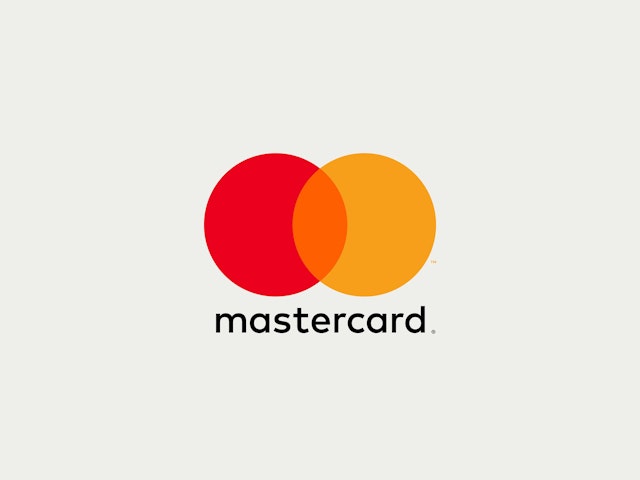
Goldman Sachs Maintains "Buy" Rating on Mastercard (NYSE:MA)
- Mastercard's second-quarter results exceeded expectations with an adjusted revenue of $8.13 billion and earnings per share of $4.15.
- RBC Capital Markets raised its price target for Mastercard to $656, reflecting the company's robust performance and positive full-year guidance revisions.
- Despite a slight decrease in stock price, Mastercard's market capitalization stands at approximately $504.6 billion, with a trading volume of 2,834,640 shares on the NYSE:MA.
On August 1, 2025, Goldman Sachs reaffirmed its "Buy" rating for Mastercard (NYSE:MA), with the stock priced at $559.87. Mastercard is a global payments technology company that connects consumers, financial institutions, merchants, governments, and businesses worldwide. It competes with other major players like Visa and American Express in the financial services industry.
Mastercard's recent financial performance has been impressive. The company reported second-quarter results with adjusted revenue of $8.13 billion and earnings per share of $4.15, surpassing expectations. This strong performance contributed to a 16% year-over-year increase in total net revenue. The value-added services (VAS) segment, which includes digital authentication and fraud prevention, played a significant role, with a 23% revenue increase on a reported basis.
Following these results, analysts have revised their outlooks positively. RBC Capital Markets analyst Daniel Perlin raised his price target for Mastercard from $650 to $656, maintaining an Outperform rating. This reflects Mastercard's robust performance and the upward revisions in its full-year guidance. The company's resilience and growth in cross-border and switched transaction volumes have led to increased revenue and EPS forecasts for 2025 and 2026.
Despite the positive outlook, Mastercard's stock price has seen a slight decrease of 1.17%, or $6.60, to $559.87. The stock has traded between a low of $556.20 and a high of $564.72 today. Over the past year, it reached a high of $594.71 and a low of $439.59. Mastercard's market capitalization is approximately $504.6 billion, with a trading volume of 2,834,640 shares on the NYSE:MA.
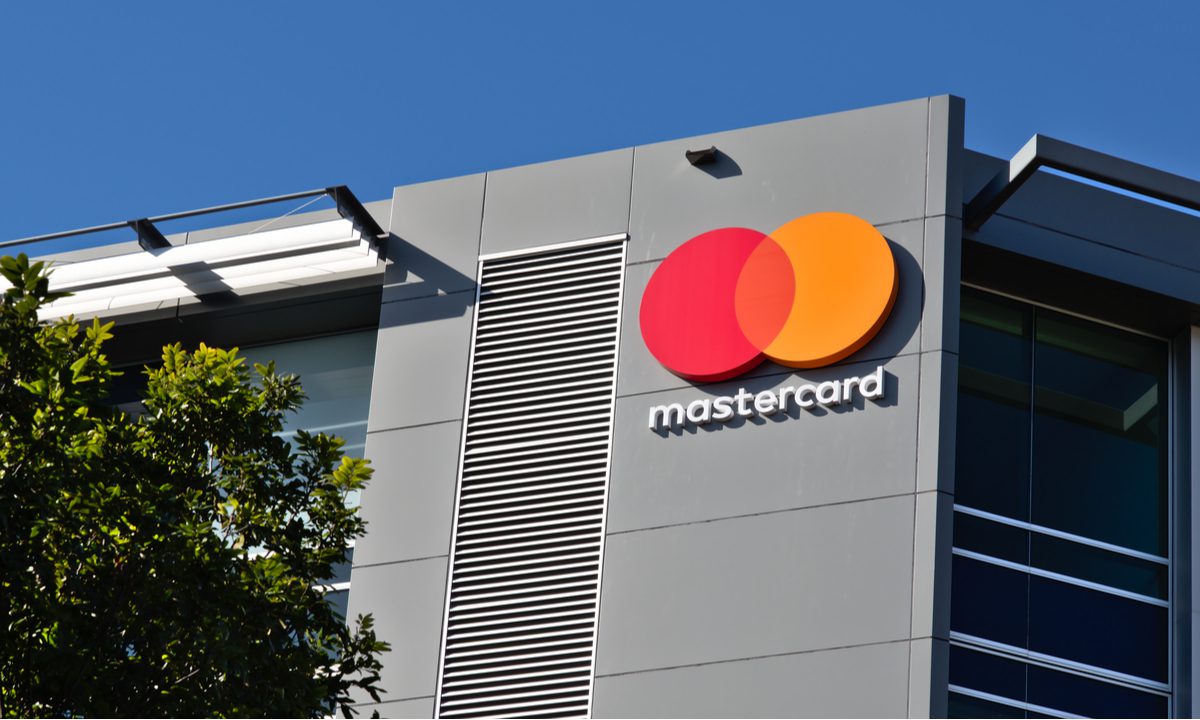
Mastercard Inc (NYSE:MA) Faces Legal Challenges Amid Strong Financial Metrics
- Mastercard's insider transaction by President, Americas, indicates potential confidence or concerns about the company's future.
- The company is under legal scrutiny in the U.K., which could lead to significant financial liabilities and affect its operations.
- Despite legal and competitive challenges, Mastercard's financial metrics, including a P/E ratio of 39 and a price-to-sales ratio of 17.42, suggest a premium valuation and high market expectations for future growth.
Mastercard Inc (NYSE:MA) is a global leader in payment technology, facilitating transactions between consumers, financial institutions, merchants, and governments. The company offers a wide range of payment solutions, including credit, debit, and prepaid cards. Mastercard competes with other major payment processors like Visa Inc. (V) and faces challenges from emerging fintech and stablecoin alternatives.
On June 30, 2025, Kirkpatrick Linda Pistecchia, President, Americas of Mastercard, sold 958 shares of Class A Common Stock at $560 each. This transaction leaves her with approximately 23,624 shares. Such insider transactions can sometimes signal confidence or concerns about the company's future performance, depending on the context.
Mastercard is currently under legal scrutiny following a U.K. tribunal ruling that its card fees are unlawful. This decision could lead to significant financial liabilities and necessitate changes in fee structures. The ruling also sets a legal precedent that may affect Mastercard's operations and expose it to potential damage claims from merchants.
The legal challenges come at a time when Mastercard's financial metrics show a price-to-earnings (P/E) ratio of 39 and a price-to-sales ratio of 17.42. These figures suggest that the company is valued at a premium compared to its sales and earnings. Mastercard's enterprise value to sales ratio is 17.81, and its enterprise value to operating cash flow ratio is 33.39, indicating the market's high expectations for future growth.
Mastercard's debt-to-equity ratio of 2.82 and current ratio of 1.11 reflect its financial leverage and liquidity position. The company's earnings yield of 2.56% provides insight into its profitability relative to its stock price. As Mastercard navigates legal challenges and competitive pressures, these financial metrics will be crucial in assessing its resilience and future prospects.
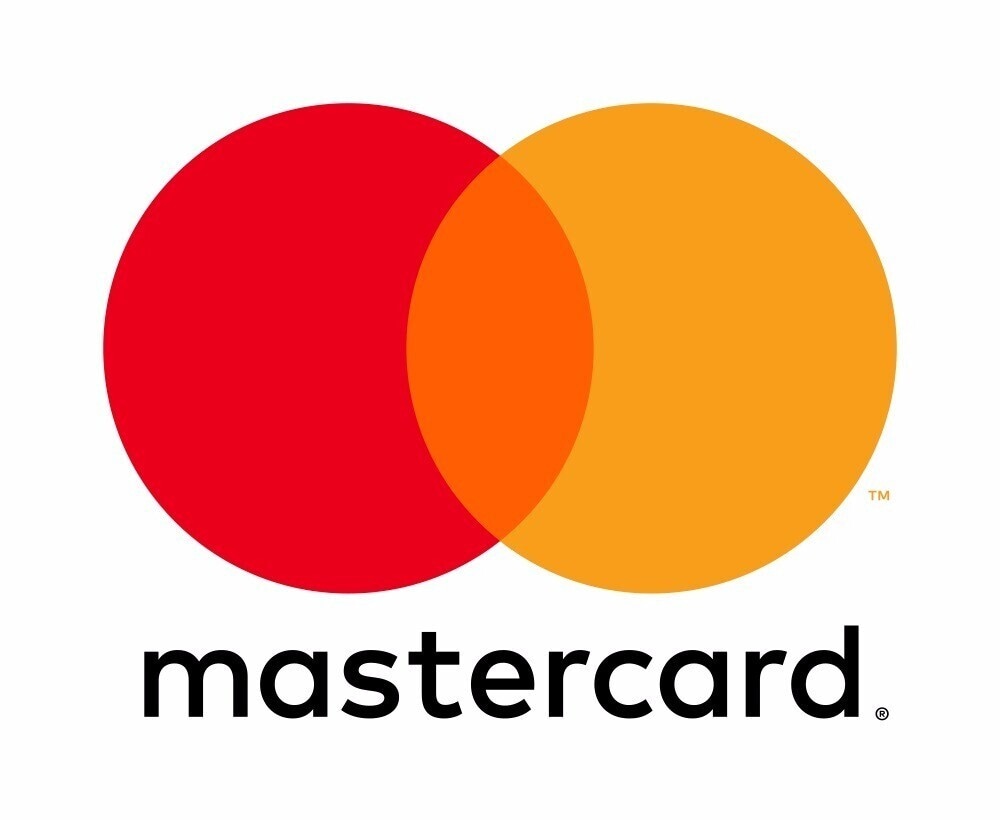
Mastercard (NYSE:MA) Stock Update and Financial Outlook
- Mastercard's stock has shown resilience in a challenging market, outperforming the Business Services sector and indicating strong investor confidence.
- The company's projected earnings per share (EPS) and net sales suggest significant financial health and growth potential.
- With a market capitalization of approximately $531.85 billion, Mastercard remains a significant player in the global payments industry.
Mastercard (NYSE:MA) is a global technology company in the payments industry. It connects consumers, financial institutions, merchants, governments, and businesses worldwide, enabling electronic payments. Mastercard competes with other major players like Visa and American Express. On June 6, 2025, Jefferies upgraded Mastercard's stock to a "Buy" rating, with the stock priced at $589.98 at the time.
In a recent trading session, Mastercard's stock closed at $585.44, marking a 0.22% increase from the previous day. This positive movement outpaced the S&P 500's daily loss of 0.53%, as well as declines in the Dow and Nasdaq, which fell by 0.26% and 0.83% respectively. Mastercard's performance indicates resilience in a challenging market environment.
Over the past month, Mastercard's shares have risen by 3.14%, outperforming the Business Services sector's loss of 0.45%. However, it trails behind the S&P 500's gain of 5.17%. This growth reflects investor confidence in Mastercard's ability to navigate market fluctuations and maintain a competitive edge.
The investment community is closely watching Mastercard's upcoming earnings performance. The company's projected earnings per share (EPS) is expected to be $4.05, a 12.81% increase from the same quarter last year. Additionally, the Zacks Consensus Estimate anticipates net sales of $7.95 billion, representing a 14.16% rise from the previous year. These figures suggest strong financial health and growth potential.
Currently, Mastercard's stock price is $590.12, reflecting an increase of approximately 0.80% or $4.68. The stock has fluctuated between a low of $586.04 and a high of $590.91 during the trading day. With a market capitalization of approximately $531.85 billion, Mastercard remains a significant player in the payments industry.
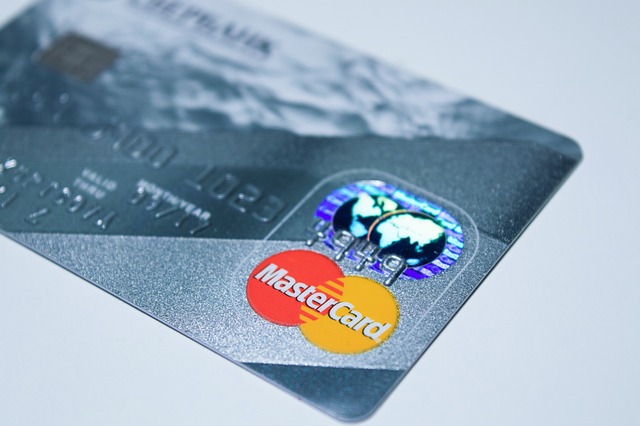
MasterCard (NYSE:MA) Stock Update: Barclays Raises Price Target
- Barclays upgraded its rating for MasterCard (NYSE:MA) to "Overweight" and increased the price target from $576 to $595.
- MasterCard's recent closing price was $509.02, showing a 0.81% increase and indicating strong market performance.
- The stock has shown volatility with a yearly high of $537.70 and a low of $425.48, suggesting potential for growth.
MasterCard (NYSE:MA) is a global technology company in the payments industry. It connects consumers, financial institutions, merchants, governments, and businesses worldwide, enabling electronic payments. MasterCard competes with other major players like Visa and American Express. The company is known for its innovative payment solutions and strong market presence.
On January 14, 2025, Barclays updated its rating for MasterCard (NYSE:MA) to "Overweight," maintaining its previous grade. At that time, the stock was priced at $511.40. Barclays also raised the price target for MasterCard from $576 to $595, indicating confidence in the company's future performance.
Recently, MasterCard closed at $509.02, marking an increase of 0.81% from its previous closing price. This positive movement suggests a strong performance by MasterCard in the stock market, as highlighted by Zacks Investment Research. The stock's fluctuation between a low of $504.21 and a high of $509.37 during the trading day shows its dynamic nature.
Over the past year, MasterCard's stock has reached a high of $537.70 and a low of $425.48. This range reflects the stock's volatility and potential for growth. With a market capitalization of approximately $463.6 billion, MasterCard remains a significant player in the financial sector.
The trading volume for MasterCard was 1,785,988 shares, indicating active investor interest. This level of trading activity can impact the stock's price and reflects the market's perception of MasterCard's value.

MasterCard (NYSE:MA) Stock Update: Barclays Raises Price Target
- Barclays upgraded its rating for MasterCard (NYSE:MA) to "Overweight" and increased the price target from $576 to $595.
- MasterCard's recent closing price was $509.02, showing a 0.81% increase and indicating strong market performance.
- The stock has shown volatility with a yearly high of $537.70 and a low of $425.48, suggesting potential for growth.
MasterCard (NYSE:MA) is a global technology company in the payments industry. It connects consumers, financial institutions, merchants, governments, and businesses worldwide, enabling electronic payments. MasterCard competes with other major players like Visa and American Express. The company is known for its innovative payment solutions and strong market presence.
On January 14, 2025, Barclays updated its rating for MasterCard (NYSE:MA) to "Overweight," maintaining its previous grade. At that time, the stock was priced at $511.40. Barclays also raised the price target for MasterCard from $576 to $595, indicating confidence in the company's future performance.
Recently, MasterCard closed at $509.02, marking an increase of 0.81% from its previous closing price. This positive movement suggests a strong performance by MasterCard in the stock market, as highlighted by Zacks Investment Research. The stock's fluctuation between a low of $504.21 and a high of $509.37 during the trading day shows its dynamic nature.
Over the past year, MasterCard's stock has reached a high of $537.70 and a low of $425.48. This range reflects the stock's volatility and potential for growth. With a market capitalization of approximately $463.6 billion, MasterCard remains a significant player in the financial sector.
The trading volume for MasterCard was 1,785,988 shares, indicating active investor interest. This level of trading activity can impact the stock's price and reflects the market's perception of MasterCard's value.
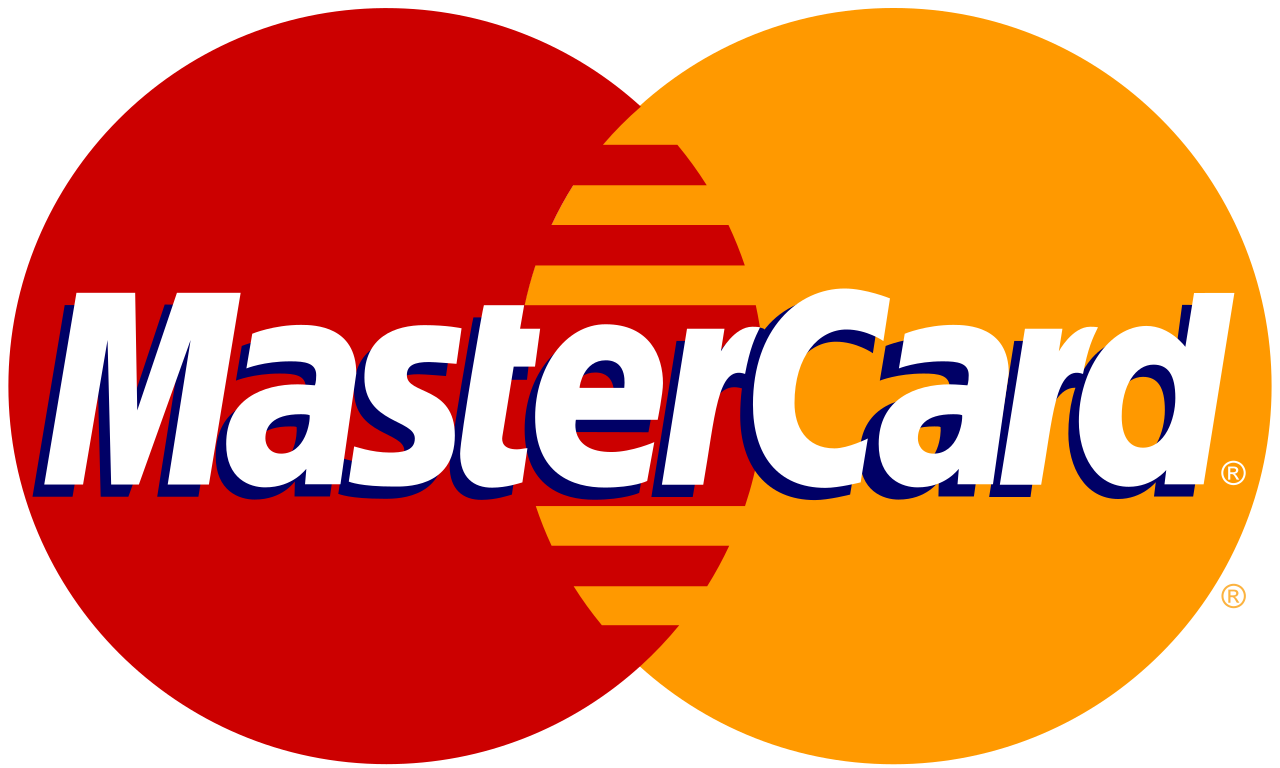
Mastercard (NYSE:MA) Quarterly Earnings Preview
- Mastercard is expected to report an EPS of $3.73 and revenue of $7.27 billion for the upcoming quarter, reflecting its strong performance.
- The company's price-to-earnings (P/E) ratio is 38.37 and price-to-sales ratio is 17.59, indicating high investor expectations for future growth.
- Mastercard's debt-to-equity ratio stands at 2.10, showing a higher level of debt, while its current ratio is 1.14, indicating its ability to cover short-term liabilities.
Mastercard (NYSE:MA) is a global leader in the payments industry, providing a wide range of financial services and solutions. The company facilitates electronic payments and offers value-added services to consumers, businesses, and governments worldwide. Mastercard competes with other major players like Visa and American Express in the financial services sector.
On October 31, 2024, Mastercard is set to release its quarterly earnings. Analysts expect an earnings per share (EPS) of $3.73 and revenue of approximately $7.27 billion. These projections reflect the company's strong performance, driven by increasing cross-border and domestic transaction volumes. The growing demand for Mastercard's value-added solutions also contributes to its positive financial outlook.
Mastercard's financial metrics provide insights into its market valuation and operational efficiency. The company has a price-to-earnings (P/E) ratio of 38.37, indicating how much investors are willing to pay for each dollar of earnings. Its price-to-sales ratio is 17.59, reflecting the market's valuation of its revenue. These figures suggest that investors have high expectations for Mastercard's future growth.
The company's enterprise value to sales ratio is 17.91, and its enterprise value to operating cash flow ratio is 38.60. These ratios help assess Mastercard's overall value and cash flow generation. Additionally, the earnings yield of 2.61% indicates the return on investment for shareholders. Mastercard's debt-to-equity ratio of 2.10 suggests a higher level of debt compared to equity, while a current ratio of 1.14 shows its ability to cover short-term liabilities with short-term assets.

Mastercard (NYSE:MA) Quarterly Earnings Preview
- Mastercard is expected to report an EPS of $3.73 and revenue of $7.27 billion for the upcoming quarter, reflecting its strong performance.
- The company's price-to-earnings (P/E) ratio is 38.37 and price-to-sales ratio is 17.59, indicating high investor expectations for future growth.
- Mastercard's debt-to-equity ratio stands at 2.10, showing a higher level of debt, while its current ratio is 1.14, indicating its ability to cover short-term liabilities.
Mastercard (NYSE:MA) is a global leader in the payments industry, providing a wide range of financial services and solutions. The company facilitates electronic payments and offers value-added services to consumers, businesses, and governments worldwide. Mastercard competes with other major players like Visa and American Express in the financial services sector.
On October 31, 2024, Mastercard is set to release its quarterly earnings. Analysts expect an earnings per share (EPS) of $3.73 and revenue of approximately $7.27 billion. These projections reflect the company's strong performance, driven by increasing cross-border and domestic transaction volumes. The growing demand for Mastercard's value-added solutions also contributes to its positive financial outlook.
Mastercard's financial metrics provide insights into its market valuation and operational efficiency. The company has a price-to-earnings (P/E) ratio of 38.37, indicating how much investors are willing to pay for each dollar of earnings. Its price-to-sales ratio is 17.59, reflecting the market's valuation of its revenue. These figures suggest that investors have high expectations for Mastercard's future growth.
The company's enterprise value to sales ratio is 17.91, and its enterprise value to operating cash flow ratio is 38.60. These ratios help assess Mastercard's overall value and cash flow generation. Additionally, the earnings yield of 2.61% indicates the return on investment for shareholders. Mastercard's debt-to-equity ratio of 2.10 suggests a higher level of debt compared to equity, while a current ratio of 1.14 shows its ability to cover short-term liabilities with short-term assets.







